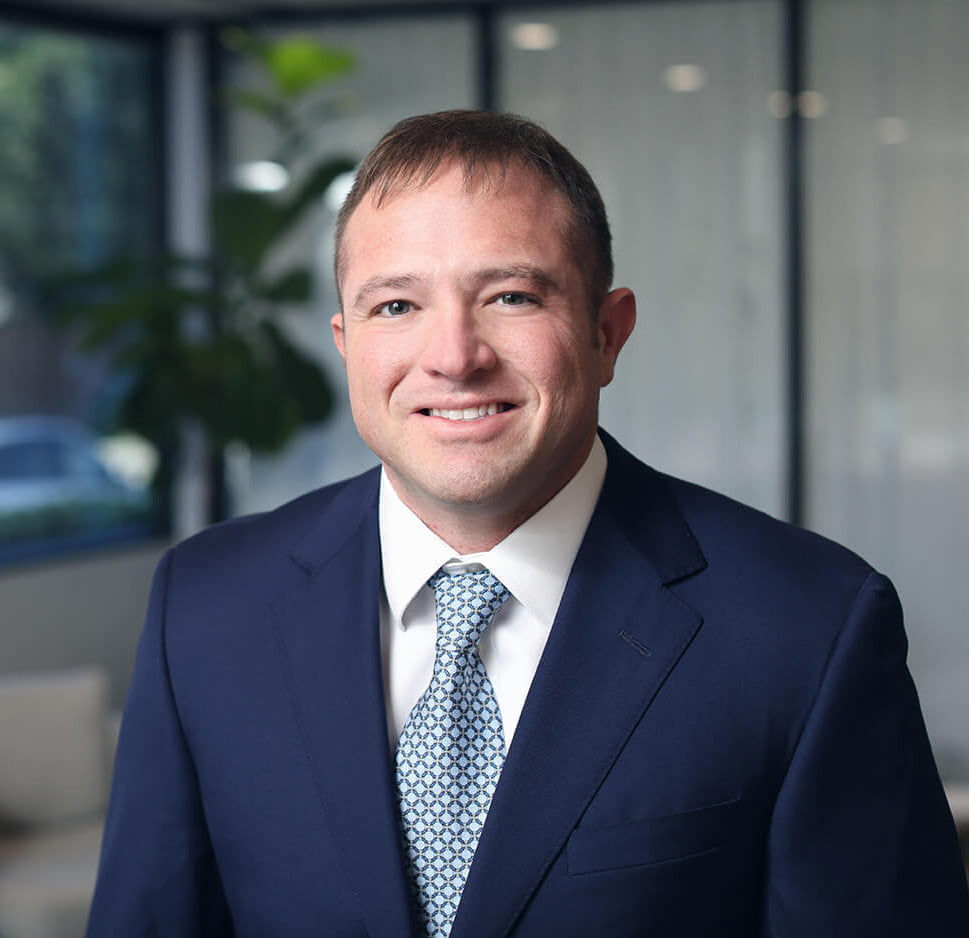
There is a range of treatment programs available to treat substance use disorder (SUD). Depending on your needs, you might want a residential treatment facility or one of the outpatient treatments–PHP, IOP, or OP. These abbreviations probably mean nothing to you right now. So let’s take a look at what they mean and what they could mean to you and for your life.
What Are The Differences Between Them?
First of all, an OP (standard outpatient program) is primarily used as a continuation of treatment after completing one of the higher levels of care. Unless you have a mild SUD, this probably isn’t the best program for you to begin with. And, the highest level of care, residential, is just not practical for everyone for various reasons.
Key Differences
Duration
The key difference between a PHP and an IOP is the duration of time you would spend in the program. The American Society of Addiction Medicine (ASAM) recommends that PHPs provide at least 20 hours of programming each week while IOPs provide 9 hours per week.
Medical Services
Medical and psychiatric services are also offered by PHPs but IOPs may be less inclined to offer these services.
What is a PHP Program?
PHP stands for “partial hospitalization program.” PHPs are also sometimes referred to as day programs. These programs deliver a high level of care while allowing you to return home each evening after treatment. They offer a comparable level of treatment intensity and daily structure to that of a residential/inpatient program. This includes access to mental health care services.
Usually, PHP tthe treatment offers at least 5 days of treatment each week but may go up to 7 days per week in some cases. The length of a program is based on individual needs. Once someone completes a PHP, they may transition to a standard outpatient program that meets 1 to 2 times per week, to maintain sobriety and stability.
Individuals may also either “step down” or transfer into a PHP from a residential program or “step up” from a less intensive, outpatient program. In still other cases, you may enter a PHP as your initial level of treatment. In addition, different partial hospitalization programs may be customized to meet the needs of adolescents, women, or professionals.
Typical Treatment Services in a PHP
Some of the services included in PHPs are
- Individual therapy: During individual therapy sessions, you meet with the therapist or drug counselor one-on-one to work on your unhealthy behaviors. You may discover an underlying reason for your substance use.
- Group therapy: In group counseling sessions you and the other group members focus on one specific topic or skill and are assisted by a mental health professional. Topics might include:
- Educational groups
- Stress management
- Coping skills
- Relapse prevention
- Life skills
- Recreational activities
- Team building
The group approach will be discussed in more detail in IOPs.
- Family meetings or family therapy: Family members may be willing to join in therapy sessions to help mend relationships and become educated about addiction.
- Medical services: Doctors and nurses are on staff to dispense medication and treat any complications that may arise from SUD or other health conditions.
- Treatment of co-occurring mental health disorders–Many PHPs are equipped to treat people with co-occurring disorders, which is common. If you or someone you care about has a psychiatric disorder and a substance disorder, a PHP may be helpful if it meets the level of care that’s required.
- Medication management–When recovering from certain types of addiction, some people may be helped through the use of medications. Medication can decrease cravings, block the rewarding effects of certain drugs, and help relieve uncomfortable withdrawal symptoms.
- Drug screening–Since you go home in the evenings, many PHPs will offer regular drug testing.
What is an IOP?
An intensive outpatient program is a direct service for
- individuals with SUDs or co-occurring mental and substance use disorders who don’t need medical detoxification or 24-hour monitoring,
- people who don’t meet the diagnostic standards for residential or inpatient addiction treatment, or
- for people who have been discharged from 24-hour care in a residential facility and need to continue recovery care at a lower level.
As an alternative to residential or PHP, they are meant to build social, mental, and emotional supports and promote coping strategies and relapse management.
Typical Treatment Services in IOP
A set of core services is necessary for all IOPs and should be part of the treatment package for every patient. Many of them have been described previously in the treatment services in a PHP.
Group counseling and therapy
Groups are the essence of most IOPs. Group counseling allows programs to balance the cost of more expensive individual services. The group approach supports the group members by
- Provides the opportunity to develop communication skills and take part in socialization experiences.
- It builds an environment where individuals support and confront each other when necessary.
- The group introduces structure and discipline into the members’ lives.
- It provides models that reinforce healthy ways of interacting and a safe and supportive environment that is essential for recovery.
- Group therapy helps advance individual recovery because members who are further along in recovery can help other members.
- It provides a place for group leaders to impart new information, teach new skills, and guide members while they practice new behaviors.
Psychoeducational groups
These groups help individuals learn about substance addiction and its consequences. They include
- A less intense environment
- Rational problem-solving tools to help change faulty beliefs and thinking patterns
- Various types of relapse prevention skills training
Skills development groups
Skill development groups give the members the chance to practice specific behaviors in the safety of treatment. Common skills include:
- Alcohol or drug refusal training: Group members act out scenes in which they are invited to use substances and practice their responses.
- Relapse prevention strategies: Members analyze one’s triggers and determine ways to manage or avoid them.
- Assertiveness training: Participants learn the differences between aggressive, assertive, and passive behaviors and practice being assertive.
- Stress management. Members identify situations that cause stress and learn a variety of methods to respond to stress.
Interpersonal process groups
- Single-interest groups: The issues may include gender issues, sexual orientation, criminal offense, and sexual and physical abuse histories.
- Family or couples groups
Who is the Best Candidate for a PHP Program?
PHP treatment may be appropriate for you if you:
- Need a high level of care but can stay clean outside of the treatment facility.
- Have already completed a hospital or residential treatment program but feel at risk for relapse.
- Have a hard time getting motivated to continue treatment.
- Have a co-occurring disorder like anxiety or depression in addition to your SUD.
- Live in an environment where you have little support and are at higher risk to use again.
- Haven’t been making good recovery progress in an IOP. This is common when a person has a relapse while enrolled in a less intense form of an outpatient program or is at risk of relapse due to a major life change or mental health issues.
Who is an IOP Best For?
In general, elements that make you a good fit for an IOP are if you:
- Have a strong support system at home, at work, and in your community
- Have a stable home life
- Have not previously been in an IOP
- Will have a lower risk of relapse when returning home
- Are comfortable working in group situations
- Don’t have a risk of severe withdrawal symptoms
- Have a job or home obligations that require flexibility in their schedules
Personalized IOP and PHP Treatment at Luna Recovery Services
If you are thinking about an IOP or a PHP for a substance use disorder, it’s important to keep in mind that individualized treatment is essential, no matter which program you choose. At Luna Recovery Services, we understand that. And we understand how to design a program uniquely for you.
We are a comprehensive treatment center located in Texas with levels of care including residential, PHP, and IOP. We have the resources necessary to make sure that your every need is met in guiding you along the recovery process. Contact us today and see what we can do for you.
Dr. Allaire received his Bachelors of Science in Biology from the University of Houston, as Valedictorian of the College of Natural Sciences and Mathematics, and his Medical Doctorate from Baylor College of Medicine, where he served as Chief Resident. He is the medical monitor for the Physician Counseling Committee of the Harris County Medical Society and the Medical Director of Serenity House Detox. Dr. Allaire specializes in medically assisted detox cases, treating patients in recovery from addiction or other mental health disorders, the medical assessment and monitoring of patients with addictive disorders, medical care related to eating disorders and the medical treatment of patients with mental health conditions.



